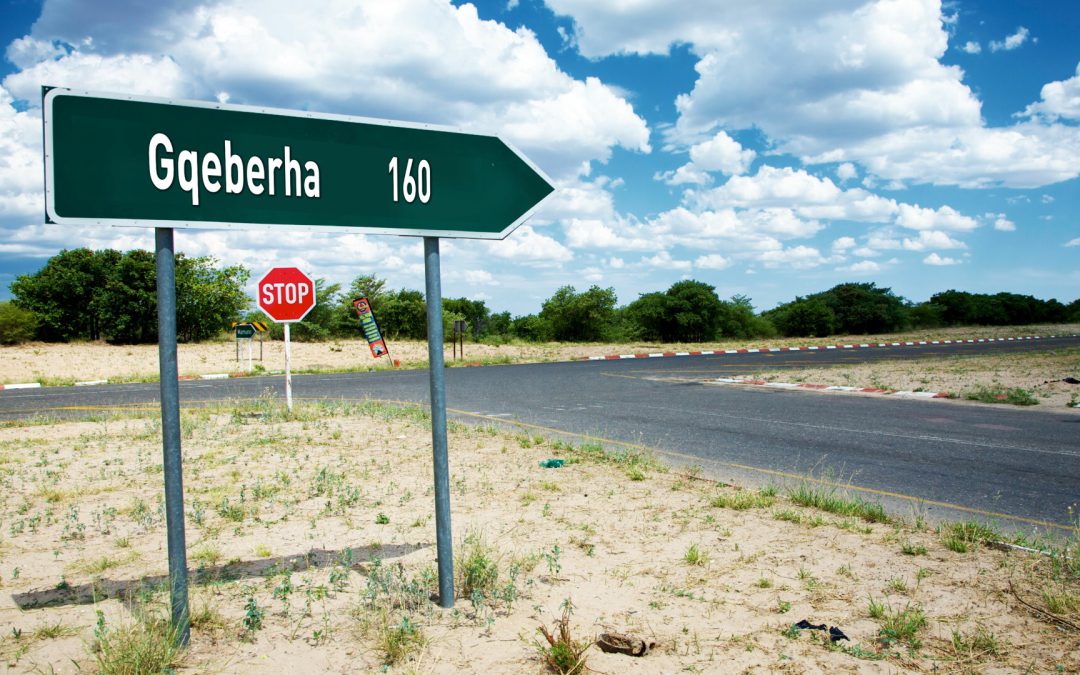WesBank and naamsa | The Automotive Business Council are, this week, putting New Energy Vehicles (NEVs) to the ultimate real-world test with an epic cross-country road trip. With a mission to prove that electric mobility is not only possible but practical for South African drivers, an NEV fleet of about 20 vehicles is embarking on a massive 4,800-kilometre journey.
Comprising Battery Electric Vehicles (BEVs), Plug-in Hybrid Electric Vehicles (PHEVs), and traditional hybrids (HEVs), the convoy will travel from three starting points – Johannesburg, Durban, and East London – before converging on Gqeberha, the host city of the 2025 SA Auto Week conference.
This ambitious journey is designed to directly confront one of the biggest challenges to NEV adoption in South Africa – range anxiety. By demonstrating the vehicles’ ability to handle long distances and diverse terrains, the trip aims to build consumer confidence and show that a future with electric mobility is within reach.
“The market for NEVs in South Africa is growing, and there’s a clear appetite for electric mobility,” says Lebo Gaoaketse, Head of Marketing and Communication at WesBank. “This road trip is more than just a promotional event. It’s a powerful statement. We want to show South Africans that they can take on long-distance travel, even across our vast country, with an NEV. This journey will go a long way in proving that living with an NEV is both practical and possible.”
The three convoys will depart their respective provinces on 26 September and meet in Colesburg for their first overnight stop. From there, they will travel 436 kilometres to Port Alfred – their second stop – before completing the final 150-kilometre leg to Gqeberha.
In addition to tackling range anxiety, the journey highlights the environmental benefits of transitioning to electric mobility. The road trip aligns with this year’s Tourism Month theme, “Tourism and Sustainable Transformation,” showcasing how the automotive sector can continue to be a cornerstone of economic development with a significantly reduced carbon footprint.
“We are proud to partner with the automotive brands that made this trip possible,” adds Gaoaketse. “They are helping us send a clear and powerful message that the future of mobility is here, and it’s electric.”


